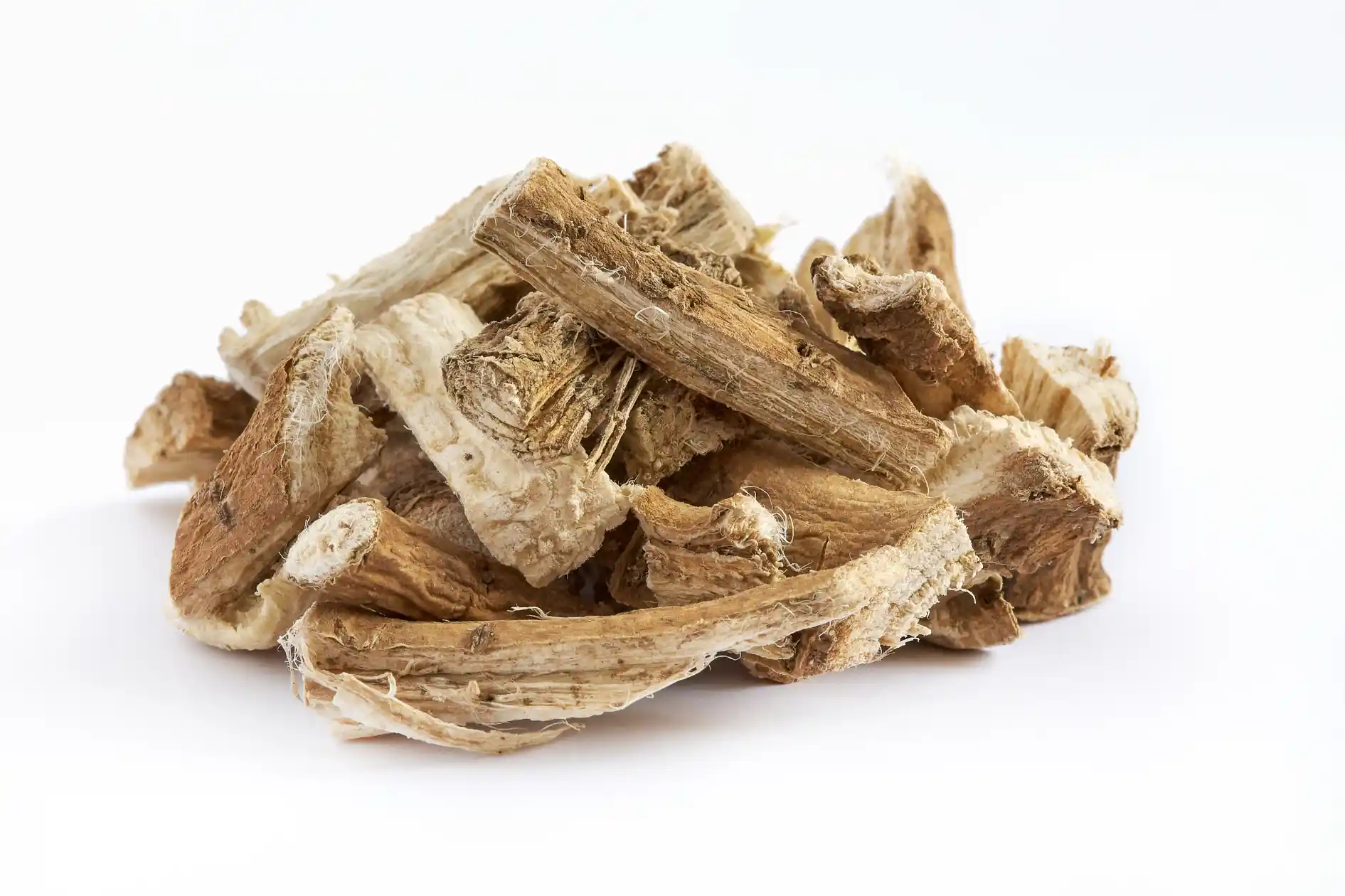How Marshmallow Root and Slippery Elm Can Help Soothe the Gut Lining
Written by Dr. Brandon Rieders, Gastroenterologist
The lining of the gut is vital for proper digestion and nutrient absorption, but it can be easily damaged by inflammation, infection, and stress. Mucilaginous ingredients, such as marshmallow root and slippery elm, can help protect the gut lining and promote healing.
Marshmallow Root’s Anti-Inflammatory Properties
Marshmallow root contains mucilage, a gel-like substance that coats and soothes the lining of the digestive tract. Marshmallow root extract significantly reduced inflammation in the mucosal lining of the digestive tract, according to a systematic review . This makes it an excellent natural remedy for conditions like gastritis and acid reflux.
Slippery Elm’s Soothing Effects
Slippery elm is another mucilaginous herb that has been used for centuries to treat digestive issues. Slippery elm supplementation improved symptoms of IBS, including bloating, gas, and abdominal pain, in a study published in Phytotherapy Research . By forming a protective layer over the gut lining, slippery elm can help reduce irritation and promote healing.
Happitum™ and Gut Protection
Happitum™ includes both marshmallow root and slippery elm to help protect the gut lining and support overall digestive health. These mucilaginous ingredients provide a soothing effect that can help relieve discomfort and promote healing in the gut.
About the Author
Dr. Brandon Rieders is a board-certified Gastroenterologist, practicing in Long Island, NY. He specializes in treating conditions such as irritable bowel syndrome (IBS), GERD, and other gut-related disorders. Dr. Rieders is committed to utilizing both evidence-based medicine and natural remedies to help his patients achieve optimal gut health.
Citations
Kogelnik, A. M., Stach, K., Schlitzer, S., et al. (2014). A systematic review of the medicinal uses of marshmallow root (Althaea officinalis) and evidence for its safety and efficacy in reducing mucosal inflammation. Journal of Ethnopharmacology, 153(3), 736-742. Barrett, J. S., Gibson, P. R. (2012). Prebiotic effects of mucilaginous herbs: Slippery elm. Phytotherapy Research, 26(9), 1325-1332.



